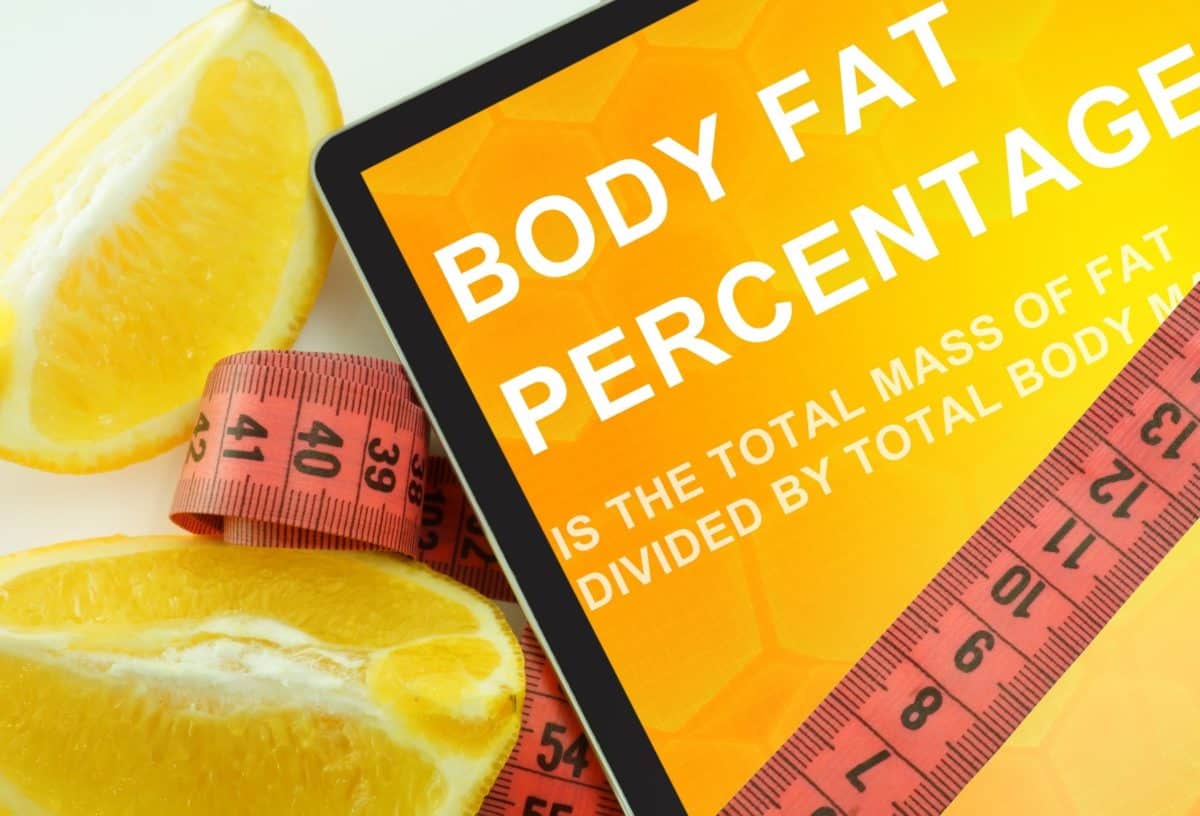
“How do I lose weight?” is one of the most common health questions asked by consumers. As a result, the weight loss industry is worth billions of dollars with nearly 2.3 million Australians on a diet at any one time. Fad diets such as the 5:2, ketogenic and fast 800, are extremely popular methods for losing weight as they generally promote rapid weight loss and various health benefits. Unfortunately, they often have no or limited supporting evidence. Fad diets are advertised on all mediums, particularly social media, so it’s no surprise they are so popular.
However, due to not being sustainable long-term, they often have a yo-yo effect where body weight is quickly regained once the diet is over.
A dietitian can assist you with your weight loss goals by using their in-depth knowledge about the body’s physiology as well as the latest evidence in nutritional science by implementing realistic changes to your diet without restrictive eating practices. Our approach is not only about nutrition education, but also about sustainable behavioural changes and empowering individuals to change their daily habits long term rather than just ‘sticking to a diet’ for a short period of time.
Is weighing myself daily unhelpful?
A common behaviour that arises from individuals pursuing weight loss is the daily ritual of measuring their body weight on a set of bathroom scales. Being aware of one’s weight can be a motivating element to stay consistent with dieting, however, depending on the individual, it can also be problematic.
When you stand on a set of scales to measure your weight, all you see is one number. It’s not a true reflection of what is really going on inside. Total body weight can be affected by fluid levels, food intake, exercise, time of the day, muscle mass and fat mass.
The changes in your total body weight are the result of changes in all these aspects of your body and aren’t always a good indication of how ‘well’ you’re doing on your diet.
Jumping on the scales every day to track progress may be giving you a false impression of the true changes that are occurring i.e., the number on the scale may have increased which can cause disappointment, but that increase may actually reflect changes such as muscle gain or water retention. Often, this disappointment leads to ‘falling off the wagon’ and deviating from your diet, something that will delay any progress you might have been making but just couldn’t see on the scales.
If the number on the scales affects you in this way and then flows on to affect your food and exercise choices, or how you feel about those choices, daily weighing may be causing more harm than good.
Why is body composition analysis better than simple weight measurements?
Your weight does not tell you much about your overall health or body composition.
You could have the exact same weight as the person next to you, but this could look completely different from both a health and an athleticism perspective. Body composition analysis provides a deeper understanding of what is really going on inside your body. It provides information regarding muscle mass, fat mass, fluid levels, segmental muscle and fat analysis of the arms, legs and torso and much more. Tracking these specific aspects of body composition can give you a much more precise indication of how you’re travelling with your food and exercise choices.
What is the InBody 570?
The InBody 570 provides a comprehensive reading of body composition. InBody is trusted globally and used across 70 countries by healthcare professionals in medical research, hospitals, government organisations, corporate businesses, and fitness facilities.
They allow for regular monitoring of body fat levels, lean muscle mass and muscular developments. A body composition analysis is commonly used in the health industry to better understand how diet, lifestyle and training routines influence overall body composition. They’re also a great way to track an individual’s progress and the effectiveness of their nutritional and exercise strategies.
How does the InBody 570 work?
The InBody scan uses bioelectrical impedance analysis (BIA), a method that uses electrical currents throughout the body to quantify body composition. The InBody 570 specifically uses 15 impedance measurements, using 3 different frequencies to measure the 5 segments of the body (arms, legs and torso). Depending on the frequency, electrical currents have different penetration forces. A low frequency will measure extracellular water (water outside the cell) as they are unable to penetrate the cell. A higher frequency will measure intracellular water (water inside the cell) as it is able to penetrate the cell.
Contact resistance is required when measuring impedance through electrodes and it is important to control contact resistance to accurately measure the resistance in the body. The InBody 570 uses an 8-point tactile electrode system with thumb electrodes. The thumb electrode separates the current and voltage starting point, resulting in the measurement beginning at a fixed point in the wrist and ankles. The contact resistance has been removed from the skin making the InBody scan unique and precise.
Previously, traditional BIA devices used formulas based on inputted statistical data such as age and gender, resulting in measurements far from precise. InBody does not use statistical data to make assumptions regarding the measurements of an individual’s composition. Body composition is determined based on the impedance values found from each of the 5 segments of the body and distribution of water. The InBody does however ask for age and gender to provide relevant guidelines and allow you to compare your results against a broad-spectrum average.
The process itself is non-invasive and the analysis takes just 60 seconds. It is advised that light clothing is worn, and large meals, fluids and vigorous exercise are avoided 2 hours prior to the scan. InBody scans are not suitable for individuals who have a pacemaker, or those who are unable to stand without assistance.
Case Studies
The Healthy Eating Clinic helps you make realistic and sustainable changes to your diet to achieve good health without restrictive eating practices.
We use the InBody 570 composition scan to assess our clients progress at 6-8 week intervals. The InBody scans precisely tracks clients’ progress and validates the effectiveness of the nutritional strategies implemented with the assistance of our qualified dietitians.
CLIENT X – Weight Loss in Retirement
Below are the scan results from one of our clients who came to The Healthy Eating Clinic to seek help as their eating habits changed after entering retirement. Over the 12-week program they steadily lost 5.1kg of body fat while still eating their favourite foods and engaging in their favourite activities.
SCAN 1 – 10/05/21
- Weight: 76.8kg
- Skeletal Muscle Mass: 22.4kg
- Body Fat Mass: 35.8kg
SCAN 2 – 21/06/21
- Weight: 73.4kg
- Skeletal Muscle Mass: 22.0kg
- Body Fat Mass: 33.3kg
SCAN 3 – 02/08/21
- Weight: 71.7kg
- Skeletal Muscle Mass: 22.1kg
- Body Fat Mass: 31.1kg
CLIENT Y – The Marathon Runner
Another client who trains for and competes in marathons utilised our InBody scan to track their progress. They were seeking nutritional advice at The Healthy Eating Clinic in order to support their training, prepare for competition and ultimately reach a body composition that would allow for optimal performance. Over a 5-month period, they steadily lost 13.9kg of body fat whilst also maintaining muscle mass (very impressive as maintaining muscle mass whilst reducing body fat can be very difficult).
SCAN 1 – 21/10/17
- Weight: 95.1kg
- Skeletal Muscle Mass: 39.0kg
- Body Fat Mass: 26.7kg
SCAN 8 – 13/03/18
- Weight: 80.9kg
- Skeletal Muscle Mass: 38.2kg
- Body Fat Mass: 12.8kg
If you’re keen to know what your muscle, water and fat levels are and would like to accurately track how they change over time, then book a body composition scan with our friendly trained analyst today!



